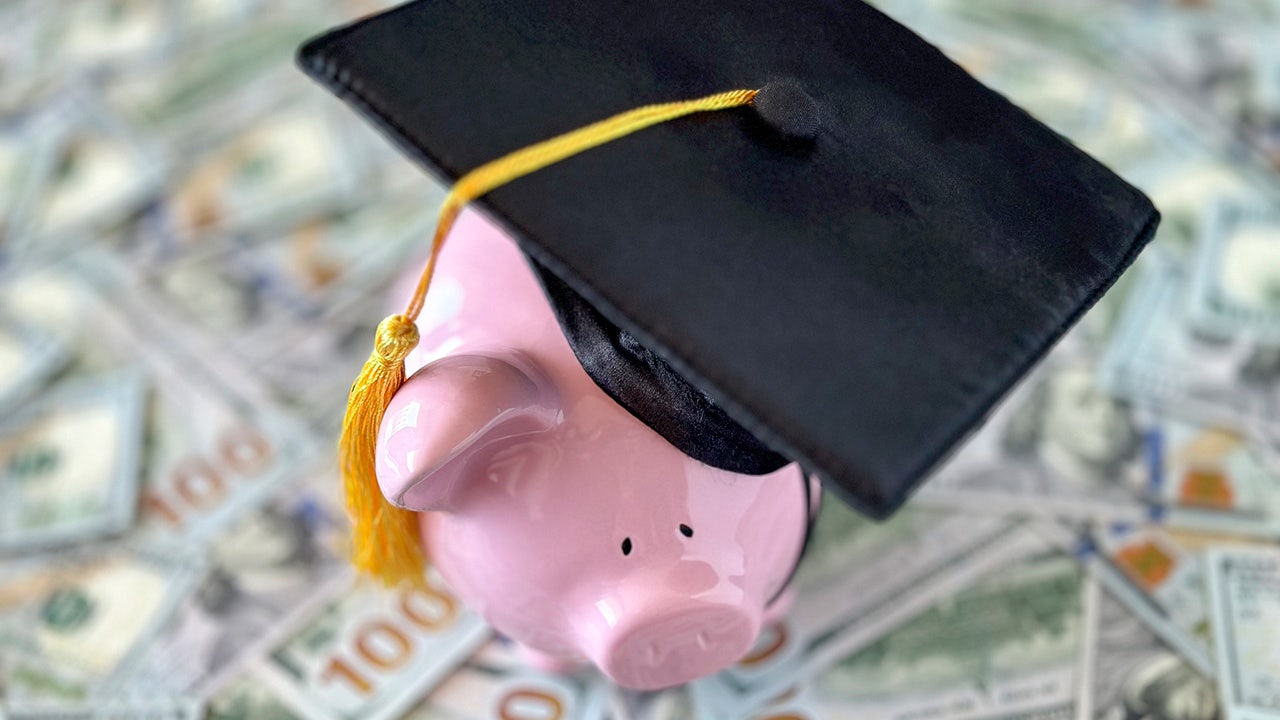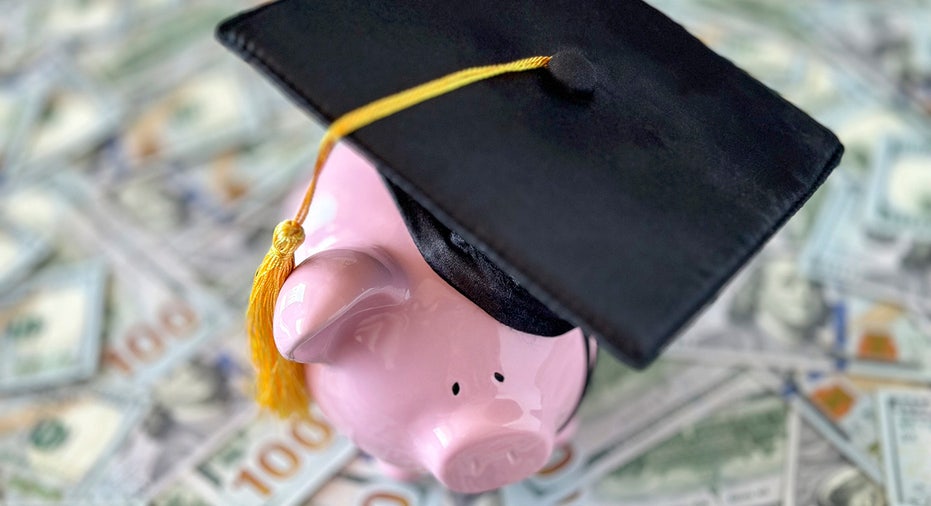Borrowers who serve in the public service sector and government are eligible for this forgiveness. (iStock )
Another 60,000 student loan borrowers will receive student loan relief in the coming weeks. The Biden Administration announced $4.5 billion in relief for public service workers such as nurses, teachers and social workers.
The relief comes as a fix to the original Public Service Loan Forgiveness (PSLF) program. The program was initially signed into law by George W. Bush in 2007 to give non-profit and government employees loan forgiveness after 10 years in the workforce.
“Before President Biden and Vice President Harris entered the White House, the Public Service Loan Forgiveness program was so riddled by dysfunction that just 7,000 Americans ever qualified,” U.S. Secretary of Education Miguel Cardona said in the Education Department’s press release.
The new relief intends to pay down the loans of borrowers who were originally denied acceptance or who have still not received relief after making the 120 required monthly payments.
“Today’s announcement comes on top of the significant progress we’ve made for students and borrowers over the past three years,” President Joe Biden said in a statement.
“That includes approving debt cancelation for nearly 5 million Americans across all our various debt relief actions; providing the largest increases to the maximum Pell Grant award in over a decade; fixing Income-Driven Repayment so borrowers get the relief they earned; and holding colleges accountable for taking advantage of students and families,” Biden said.
If you have private student loans, federal relief doesn’t apply to you, unfortunately. If you’re looking to lower monthly payments and ease the burden of student loan debt, consider refinancing. See what your interest rate could be via the online marketplace Credible.
IS COLLEGE DEBT WORTH IT?
Resources available for students affected by the recent hurricanes
Hurricanes Helene and Milton have wreaked havoc on many communities in the south, causing serious physical damage and severely disrupting educational services. In response, the U.S. Department of Education released resources to help students and institutions of higher education recover.
“I have directed our team at the Department of Education to leverage every possible resource available to meet the needs of impacted students, families and school communities,” Cardona said.
The new resources include support for recovery needs like mental health care for students and educators, technical assistance and flexible financial aid policies at affected universities. Many students are also automatically being enrolled in natural disaster forbearance, so they don’t have to worry about their loans while recovering from the hurricanes.
Most of these resources will be concentrated on Georgia, which has seen a substantial amount of damage. The Readiness and Emergency Management for Schools Technical Assistance Center is a specific program Georgians have access to. It helps education agencies manage their safety, security and emergency management programs.
The Early Childhood Technical Assistance Center is another option that offers resources and links from organizations that help families and children, including those with disabilities, cope with disasters.
If you don’t have federal student loans that qualify for assistance, refinancing could cut your monthly payment. You can use Credible to compare student loan refinancing rates from multiple private lenders all at once without affecting your credit score.
STUDENT LOAN DEBT HAS INCREASED BY 430% SINCE 2003 – HERE’S HOW TO LOWER YOUR DEBT
$70 million in federal funding going to schools for additional mental health services
Along with aid to student loan borrowers and students affected by natural disasters, the Biden administration is also directing federal funding towards mental health services in K-12 schools. The administration announced a $70 million investment that will expand students’ access to mental health support.
“We know that students are more likely to access mental health support if it’s offered in schools, and our educators and school communities are on the front lines when a student is struggling,” Cardona said in the announcement.
“The need for mental health support in our schools remains high,” Cardona said. “Today’s announcement of an additional $70 million will allow more institutions and schools to train and hire mental health professionals – especially in underserved communities – ensuring that every student has access to the care they need to thrive.”
The new funding, combined with the Bipartisan Safer Communities Act (BSCA) investments, will go to 333 grantees across 48 states. It will help communities train and hire 4,000 more mental health professionals across the country.
To see what you’d pay on a private student loan, you can visit Credible today to view a rates table that allows you to compare fixed and variable rates from multiple lenders.
LESS THAN A THIRD OF AMERICANS APPROVE OF HOW BIDEN HAS HANDLED STUDENT LOAN DEBT
Have a finance-related question, but don’t know who to ask? Email The Credible Money Expert at [email protected] and your question might be answered by Credible in our Money Expert column.

 Blog Post7 days ago
Blog Post7 days ago
 Economics1 week ago
Economics1 week ago
 Finance1 week ago
Finance1 week ago
 Economics1 week ago
Economics1 week ago
 Economics1 week ago
Economics1 week ago
 Personal Finance1 week ago
Personal Finance1 week ago
 Economics1 week ago
Economics1 week ago
 Accounting1 week ago
Accounting1 week ago










